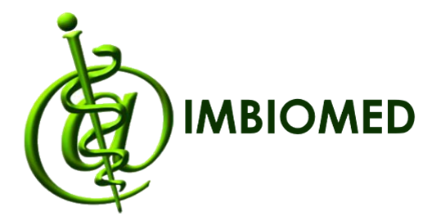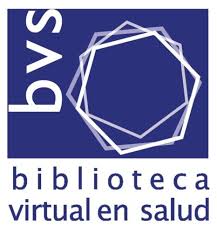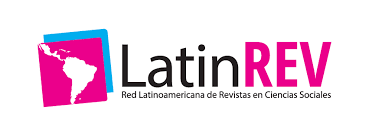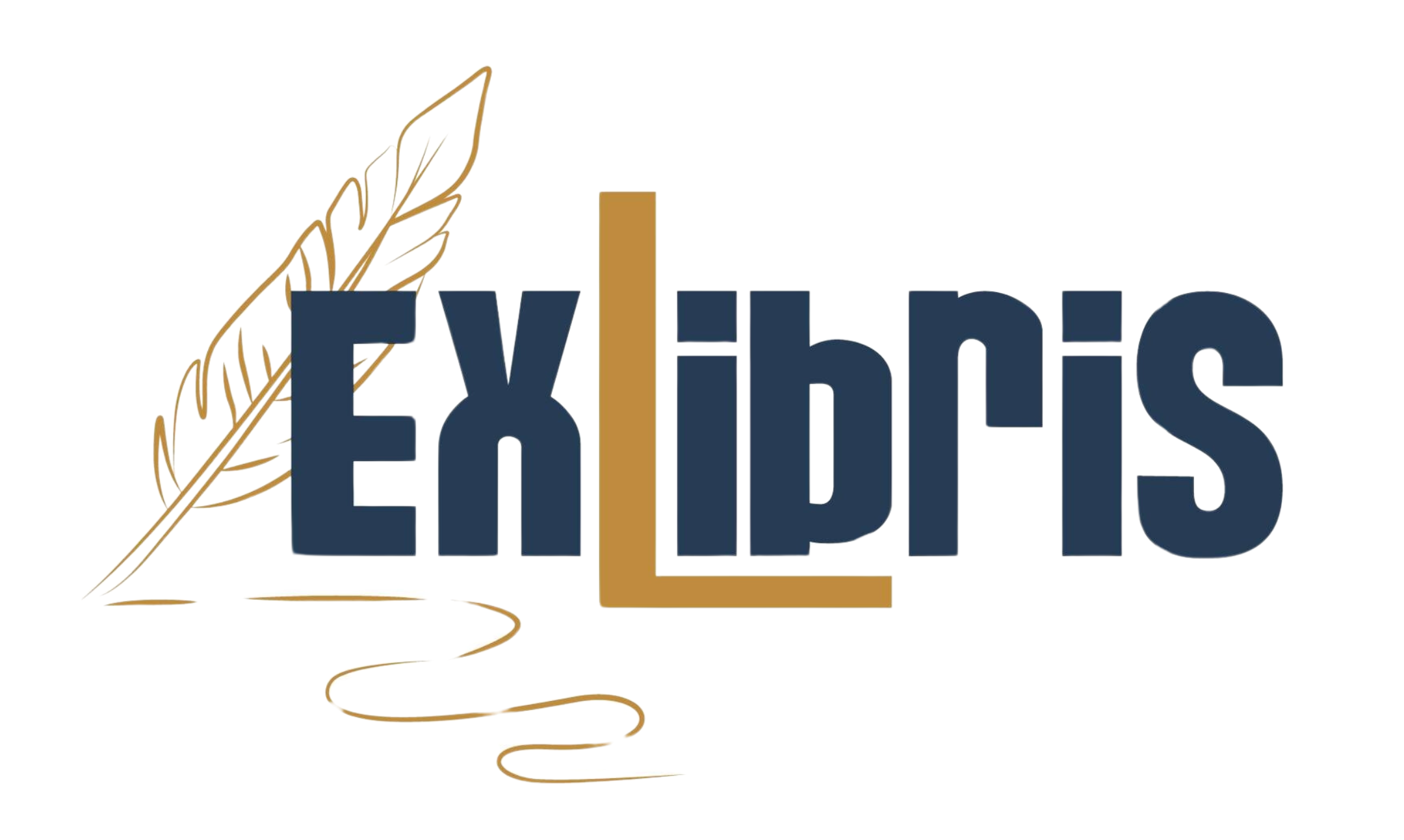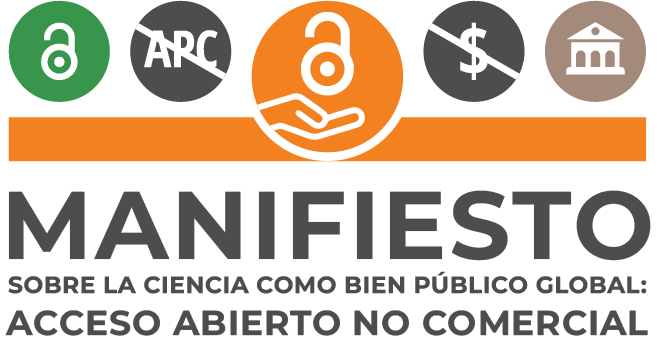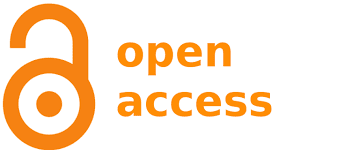Social diagnosis for the execution of a literacy program, learning of trades and its contribution in the satisfaction of basic needs
DOI:
https://doi.org/10.5377/creaciencia.v0i3.9234Keywords:
Investigation action, literacy, trade apprenticeship, Basic needsAbstract
According to the Constitution of the Republic (1983) basic education in El Salvador is a necessity that must be attended free of charge for all citizens. Despite the strategies to expand coverage and improve quality, the illiteracy rate among the population aged 15 years and over still amounts to 34.38% in general, increasing in rural areas where it reaches 39.20% and that is where it is concentrated. 45% of the population with the lowest income levels; Therefore, the majority of homes are in a situation of poverty and extreme poverty. The main objective was to prepare a diagnosis of needs to implement the most appropriate intervention strategy that would contribute to the non-satisfaction of the basic needs of a part of the population of the canton of San José las Flores in the municipality of Tonacatepeque, in the north of the department of San Salvador. . The sample consisted of 125 illiterate people who volunteered to learn to read and write and learn a trade. This investigation-action, is based; on two fundamental principles: active self-defense and economic self-sufficiency. In the study carried out in the last semester of 2004, it was obtained that of the total population, 58% of people managed to learn to read and write; 62% reached a normal apprenticeship of a trade. These people came to the conclusion that only working together and helping each other can solve many problems. More interventions should be carried out on literacy and skills training, to allow satisfactorily responding to the basic needs of the population.
Downloads
Published
Issue
Section
License

This work is licensed under a Creative Commons Attribution-NoDerivatives 4.0 International License.
Los artículos de Crea Ciencia están publicados en acceso abierto bajo una licencia CC BY-NC-SA 4.0 de la Universidad Evangélica de El Salvador.










